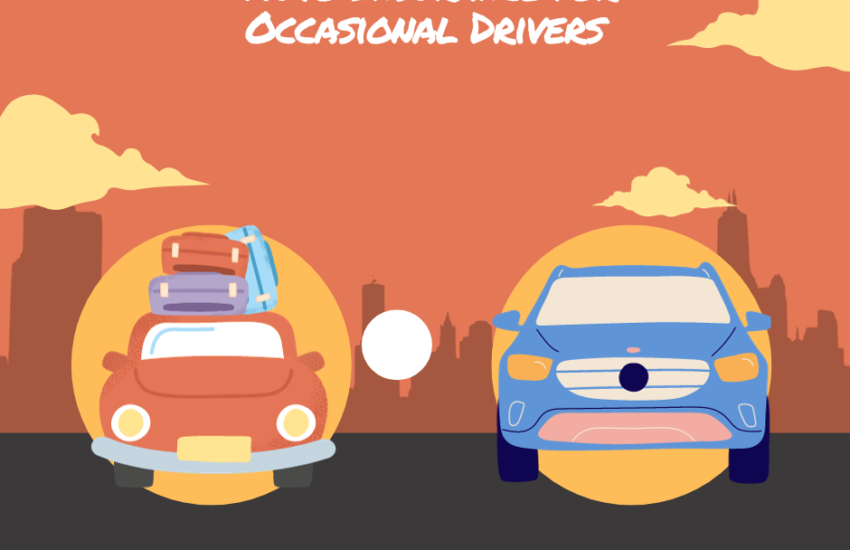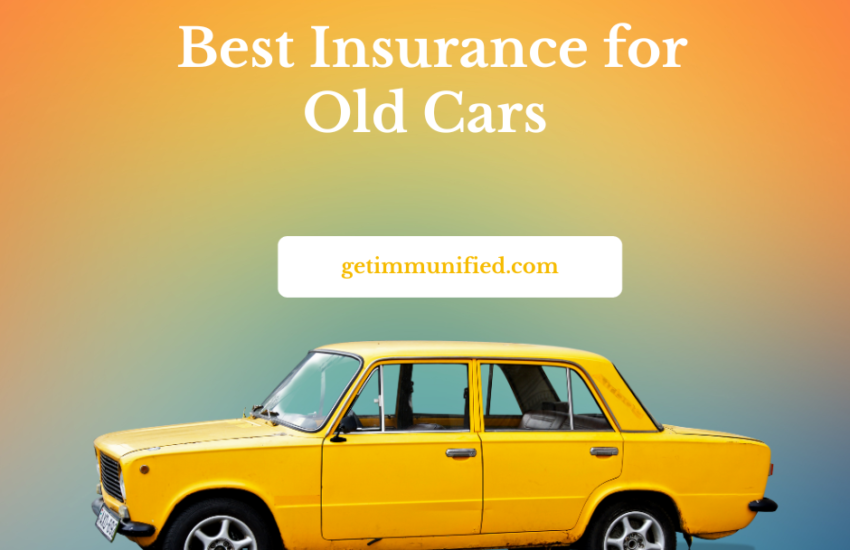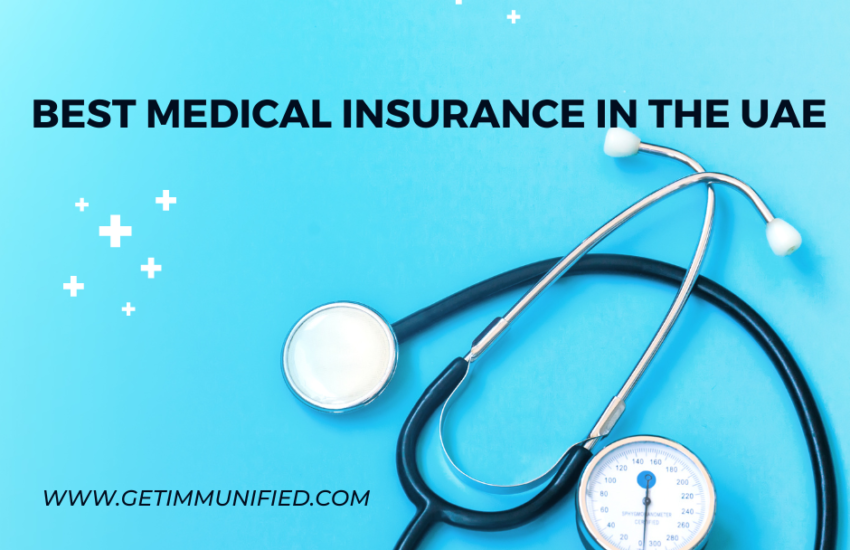As a tenant or someone who wants to rent a home or apartment, you should always find a way to
Continue reading
An Insurance and Legal Blog

As a tenant or someone who wants to rent a home or apartment, you should always find a way to
Continue reading
As a dog owner, you can agree that there are lots of fun experiences, like happiness and companionship, that come
Continue reading
If you’re an occasional driver, you may be wondering if there’s a specific type of auto insurance that’s best for
Continue reading
Finding quality and affordable car insurance for young adults can be quite daunting and expensive because they are always considered
Continue reading
As you get older, your needs change. And those changes signify more than just a number; they can have a
Continue reading
Older cars can be a great option for drivers looking to save money on their vehicle purchase, but sometimes getting
Continue reading
Medical insurance for children is an important consideration for any family. According to the US Census Bureau, a government agency
Continue reading
Medical insurance is an important part of life in the United Arab Emirates, where high-quality medical care can come at
Continue reading
As someone who takes pride in being a smart shopper, you should always research the most important features and compare
Continue reading
Finding and securing a plan that fits your budget can be a big challenge when it comes to health insurance,
Continue reading